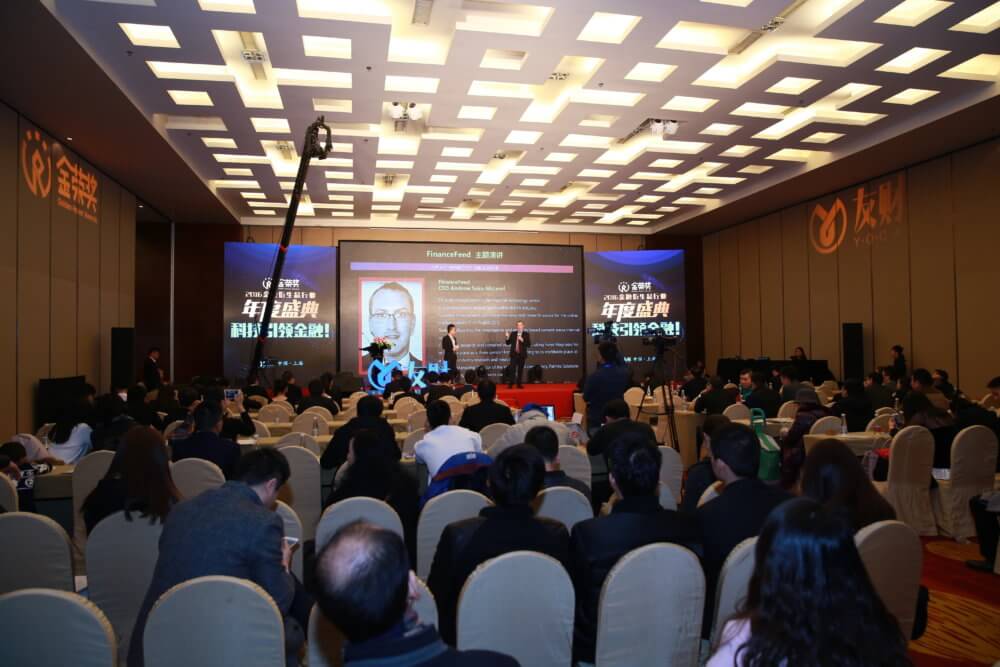FX liquidity crunch: The Chinese advantage explained further
“Companies in Britain with STP-only licences that operate an agency model in terms of execution are ever more desirable. Those firms are considered as fairer and safer among Chinese brokerages, partners and traders, because they don’t trade against you” – Naomi Ewart-Simcock, AFX Group

A dichotomy has begun to demonstrate its presence between the Tier 1 establishment and its associated prime brokerages of London, New York and Sydney, and the new giants of Shanghai and Beijing.
Whilst the Western world, for all of its astuteness and corporate perfection in the institutional FX sector, continues to strive for innovative methods of counteracting ever-decreasing counterparty credit extension by the major Tier 1 FX dealers and greater prime of prime relationships need to be fostered, FinanceFeeds research from within mainland China has deduced that the People’s Republic’s own domestic environment is subject to no such barriers whatsoever.
Last year, Citigroup, the world’s largest interbank FX dealer with over 16% of global order flow going through its London headquarters, produced a report stating that it anticipates a toe-curling 56% potential default rate when extending credit to OTC derivatives firms.

Many of Citigroup’s peers followed suit, and as a result, retail brokerages find themselves in a position in which the cost of acquiring and maintaining customers is increasing and currently stands at approximately $1300 to $1700 depending on market segment and target audience, spreads and commission businesses are at an all time low and the average deposit size per trader (outside of the US) is $3800, thus a huge amount of order flow would have to be conducted to ensure profitability, and prime brokerages would flinch at these metrics when onboarding a retail firm as a customer because no longer are they able to maintain prime relationships with banks with a $5 million capital base as they did 5 years ago.
Today, ultra-conservative banks will ask for a balance sheet that demonstrates between $50 and $100 million capital before extending credit, and even then, may decline on new agreements, whilst existing relationships are continually the subject of increased capital requirements.
Not so in China.
Complexity due to lack of credit and massive capital requirements is anathema to the Chinese FX industry which is completely free from all of that burden.
Meanwhile in the west, brokers which have to face these counterparties have to stump up massive capital bases to maintain relationships with them and still be subjected to last look order execution on single-dealer platforms and then have to strike up relationships with further non-bank electronic communications networks such as EBS, Currenex, Hotspot FX and FXall in order to attempt to provide a more comprehensive liquidity solution against the banks’ pulling the rug out from under everyone’s feet.
China’s own banks, all of which are owned by the state, are massively well capitalized and have a very clever model indeed.
They do not expose themselves to risk, and they have assets which consist of property, cash, investments in company stock and indices that are so enormous that it is hard to quantify.

These banks, unlike the weary western banks, will extend counterparty credit to FX brokerages in China without the blink of an eyelid over risk, which means that when the liquidity rush comes, the Chinese FX industry could well become completely domestic market focused.
Currently, Chinese portfolio managers with often over $250 million in assets under management and offices with over 100 staff in development towns from Shenzhen to Zhengzhou are acting as IBs to western firms, however with Chinese liquidity becoming so well organized and such an integral component of the government-controlled financial sector, all barriers could be eliminated, allowing the Chinese business to rocket in size exponentially.
This would mean that for Western firms without a physical Chinese presence and a joint venture partnership with a Chinese entity, market share would dwindle completely.
Today, FinanceFeeds spoke to Naomi Ewart-Simcock, Head of the Chinese Desk at AFX Group in London.
Ms Ewart-Simcock’s understanding of the FX business in China is second to none, as is her experience in negotiating large scale deals with very established Chinese portfolio management companies, all conducted in fluent Chinese.
“The fact is that there are so many startups within the retail FX brokerage sector lately, that access to a credit line becomes a hot commodity” said Ms. Ewart-Simcock.
“Over the years, the Chinese financial market has become increasingly sophisticated, and the Chinese traders are forever looking for STP (only) brokers. As the Financial Conduct Authority in the UK issuess STP only licences to certain brokers which can be seen on FCA website clearly, it has made companies in Britain with STP-only licences that operate an agency model in terms of execution ever more desirable. Those firms are considered as fairer and safer among Chinese brokerages, partners and traders, because they don’t trade against you” – Naomi Ewart-Simcock, Head of Chinese Desk, AFX Group
Thus, whilst the Chinese banks and prime brokerages may well rocket to prominence very soon, the government-led standardization of service that will ensure that all primes in China operate under the exact same criteria as each other – after all the banks are owned by the government – may not be completely suitable for all brokerages, which are led by Chinese executives with massive, detailed understanding of how the entire structure works worldwide.
For Chinese banks, offering Chinese liquidity to Chinese prime of primes and then distributing aggregated feeds to Chinese FX brokerages, the sky is the limit and this single factor, when it unfolds and is in place on a widespread scale, will cause the Chinese FX industry to absolutely mushroom in volume and power, however, there will, according to Ms. Ewart-Simcock, always be a need for non-government controlled liquidity distribution from British firms, as standardization does not suit all.









